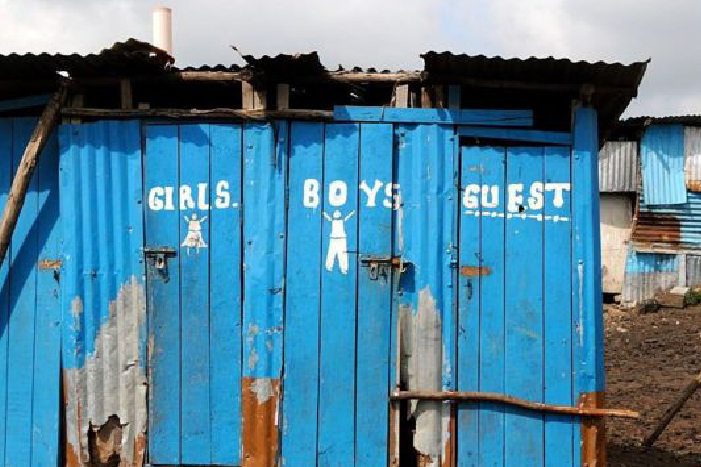
Assupol has entered into an agreement with the Department of Basic Education to build proper sanitation facilities for at least 100 primary schools in South Africa who currently cannot offer dignified ablution facilities to their learners.
On 14 August 2018, President Cyril Ramaphosa addressed the launch of the Safe School Sanitation Initiative. “We are gathered here to answer an emergency,” he said. “There are nearly 4,000 schools across the country that only have pit latrines or other inappropriate sanitation facilities. These are the schools that serve the children of the poor. It was in such a school, Mahlodumela Primary School in Limpopo, where five-year old Michael Komape drowned in a pit toilet in 2014. And it was in such a school, Luna Junior Primary School in the Eastern Cape, where Lumka Mkethwa lost her life in March this year. The utterly tragic and devastating deaths of children so young and so innocent remind us of the human consequences of service delivery delayed.”
The president therefore called on South Africans, corporates, NGOs and international partners to join forces in making schools a safer and more dignified environment for their learners, in keeping with the demands of our constitution.
Assupol will answer this call. The company will build 100 toilets over the next five years for rural schools in Limpopo, KwaZulu-Natal and the Eastern Cape, with construction beginning soon.
At the annual Assupol Top Achiever’s (ATA) Awards on 27 September 2018, the Minister of Basic Education, Ms Angie Motshekga noted that Assupol’s is the largest project which will form part of the collaborative campaign in partnership with government, to eradicate inappropriate sanitation in schools, to be undertaken with a company this year. The minister praised the initiative and encouraged other companies to follow suite. “Working together, the government and private enterprise can achieve far quicker results. If more companies come forward to assist as Assupol has, we can meet the needs of South Africa’s learners sooner.”
Assupol focuses on making substantive contributions in areas that have meaning in the lives of their employees, or which make a difference to the communities they serve. This initiative therefore fits well with the company’s strategic objectives. “We believe that this will significantly improve the safety of our school children, and thereby their chance of receiving a good education,” says Bridget Mokwena-Halala, Assupol Life CEO.
Along with this initiative, Assupol is also contributing to the area of early childhood development (ECD) through the Assupol Community Trust (ACT), which was established in 2016.
ACT seeks to further the goal set by the National Development plan and the National Integrated ECD policy (2015), namely to ensure that every child in South Africa has access to a full range of ECD services by 2030. Assupol holds ECD to be of critical importance, as researchers have concluded that 90% of human brain development happens between the ages of 0-5 years.
Assupol has conducted audits on the status of ECD in pilot areas in Nqutu and Msinga (both in Kwazulu-Natal’s Umzinyathi District) and Nellmapius (in Gauteng’s City of Tshwane). The findings from the audits are used to establish programmatic areas for ACT interventions. ACT’s contribution incorporates infrastructure development, the training of principals and practitioners, feeding children and improving access to ECD services (ACT has appointed a service provider to train unemployed youth with matric to serve as day mothers / smart start facilitators to contribute to the education and stimulation of children from 0-4 years in formal playgroups).
“The education of our youth is critical to the future of all South Africans, and we are eager to foster this by strongly supporting these initiatives,” concludes Mokwena-Halala.
Do4SA NPC
Standard Bank
Branch: 024210
Acc. Number: 371 278 627
Swift Address: SBZA ZA JJ
Subscribe to The Altruist monthly newsletter which will help decision-makers gain a ground level understanding of the dynamics of poverty.